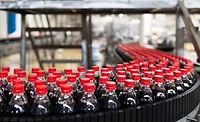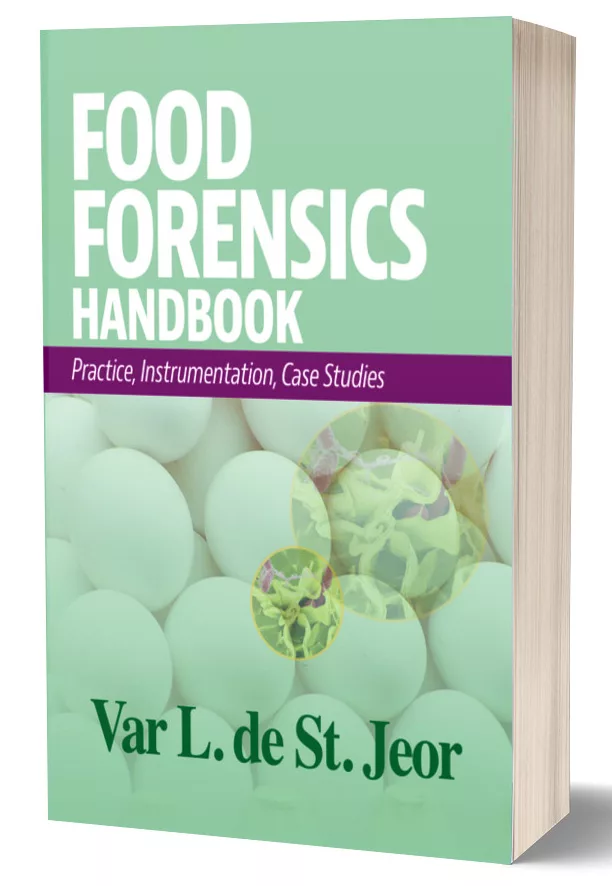Case Study Q&A: Seafood Safety

Dating back to 1906, Acme Smoked Fish Corporation is a Brooklyn, NY-based, family-owned-and-operated smoked fish producer. The company is widely recognized as an industry leader for premium specialty smoked and cured seafood products. The Acme Smoked Fish family of products is sold in retail and foodservice establishments.
What has Acme been doing to advance its food safety?
Acme has made significant investments in many areas during the last 5–10 years of consistent growth. Specific to food safety, Acme has focused on 1) building strong food safety leadership, 2) enhancing the design of new and existing facilities and 3) expanding control of the supply chain.
From the top of this fourth-generation business, the Caslow family has identified top talent to lead its food safety and quality programs. In the past 5 years, Acme has hired young professionals with advanced degrees in food science, microbiology and biochemistry. In training professionals with diverse academic experiences, Acme is able to blend the latest scientific skills with traditional Acme processing procedures; this has proven to be a winning recipe. Today, Acme is able to operate in-house laboratories with the latest technology, develop new processing techniques and critically evaluate existing processes to protect the brand and deliver the highest-quality products to its loyal customers.
Management also decided to split food safety and quality assurance teams, specifically allowing each team to focus resources toward independently operated programs and collaborate when necessary. This approach has promoted targeted programs and specialization of expertise within Acme’s food safety and quality divisions. Together, our teams operate with many checks and balances to ensure all processes and products are processed with appropriate review of product quality and safety.
Understanding the food safety risks associated with cold smoking, the Acme family opened a state-of-the-art manufacturing facility in early 2015. Through robust analysis of existing food production facilities in the U.S. and Europe, the best knowledge in equipment and facility design, process flow and product processing was distilled into a single, 100,000-square-foot plant in Wilmington, NC, which produces over 20,000 pounds of cold-smoked salmon each day and has ample capacity to grow. To say the least, this plant was built with quality and food safety in mind with each and every detail—from drains and curbing to employee traffic, temperature control and in-house laboratories.
How do Listeria recalls affect the seafood industry?
The seafood industry is well aware of Listeria recalls, and we recognize that the industry as a whole suffers significant economic loss during any recall. Many businesses in our industry have suffered greatly over the past 10 years due in part to challenges with Listeria. Of course, the scope varies, but we take the approach that food safety is nonnegotiable for all of our industry colleagues. To this point, we have worked and continue to work closely with our industry peers to set the standard for food safety. We recently hosted an industry meeting at our North Carolina facility that focused on best practices for management of Listeria. We are excited to work with leaders in seafood who understand the consequences we as an industry face if Listeria is not managed properly.
What are some of the main food safety issues that Acme deals with on a regular basis?
Acme maintains some of the best talent, with an understanding of Listeria and other food safety challenges, including allergen control, temperature challenges during transit, food defense and supplier verification. The key for us is focusing on developing employee systems that are practical and translate knowledge into successful employee behavior. This continues to be a daily challenge, but our quality assurance and food safety managers develop strong rapport with managers and employees who are critical to product quality and safety. This means daily interactions, fielding and addressing concerns and eliminating practices that simply aren’t practical to execute.
Do you have some tips for seafood companies?
Hire good leaders who can think critically, communicate and work with a positive attitude in a team-oriented environment. The Acme family is strong because of the open, collaborative environment that is fostered from the top down.
When did Acme decide to make food safety changes and why?
Over 14 years ago, Acme started a relationship with Martin Wiedmann (Cornell University) and Ken Gall (New York Sea Grant seafood specialist) to identify and reduce Listeria in processing plant environments. The company listened to the expertise provided by Martin and Ken and continued to grow the business while providing resources to the challenges Listeria has presented and continues to present. Around the same time, many of Acme’s competitors were challenged with the aftermath of dealing with Listeria recalls and warning letters. Acme saw the need to invest in food safety and align its priorities to make food safety and quality top ones. Given the difficulty of producing a product that doesn’t have a kill step in the process, the importance of choosing the right raw material suppliers became apparently critical. After all these years, Acme finally made the investment to take control of the entire process—from raw material processing at the source in Chile to producing in a state-of-the-art facility in the U.S. The 14 years of experience dealing with Listeria control challenges provided Acme with the clarity of the best practices that were going to be important in the building of the new factories in Chile and North Carolina.
What types of challenges is Acme seeing in the seafood industry?
An important food safety challenge for many seafood processors is recognizing sanitary design when it comes to equipment. Many equipment manufacturers in our industry are more focused on introducing technology for efficiency rather than making significant improvements in sanitary design.
Another challenge for our industry is how to identify and validate Listeria intervention strategies. The science behind many of the raw material and finished product interventions is not strong, and the industry as a whole could benefit from an academic research or industry organization center assisting with proper validation trials and development of clear methods that indicate the limitations or challenges when extending these technologies to a plant environment.
Lastly, clarity of fish sourcing and management practices also continues to require attention. We are working closely with our suppliers to ensure that food safety and sustainability practices are continuously improved. As an industry, educating retailers and consumers as to food safety and sustainability practices is paramount to our industry’s success.
Matt Ranieri, M.Sc., Ph.D., is food safety and R&D senior manager for the Acme Smoked Fish Corporation.
Looking for quick answers on food safety topics?
Try Ask FSM, our new smart AI search tool.
Ask FSM →







